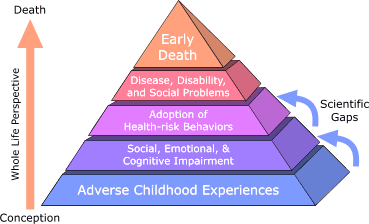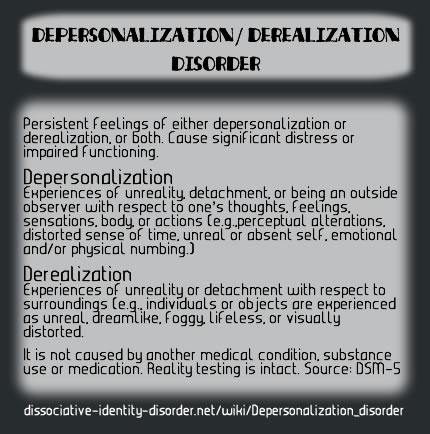Australian Michael Salter is a criminologist and author of the book Organised Sexual Abuse, and has published a number of articles on criminology relating to the abuse of adults and children over the years. Both his book and his earlier writing clearly distinguish organised abuse from ritual abuse, basing this on earlier use of the term by other researchers.
Organised abuse:
where multiple adults conspire to sexually abuse multiple children
Michael Salter’s book Organised Sexual Abuse, published in 2012, identifies several categories of organised abuse which previous researchers have identified, before exploring the issue further. Many people will already be familiar with these categories of abuse, each of which involves multiple perpetrators and multiple victims.
- institutional abuse (children’s institutions)
- network abuse (extra-familial networks of offenders)
- familial abuse (in nuclear and extended families
- ritual abuse (which commonly occurs in familial cases or organised abuse, but has been documented outside it)
Read his recent interview in the new journal Borne Press (may trigger, the extract from the book at the end contains very distressing material)
The Link between Organised Abuse and Mental Health
Many researchers and clinicians have documented the negative impacts of abuse in childhood on survivors’ mental health. This is a useful summary:
“Some mental healthcare workers are aware of clients with high needs, such as dissociative disorders and personality disorders, who have histories of sexual abuse (contact offences), usually from early childhood, involving two or more adults acting together and multiple child victims (Gold et al., 1996; McClellan et al., 1995; Middleton & Butler, 1998). This has been defined as “organised abuse” (Bibby, 1996; La Fontaine, 1993).
Excluded from this definition are cases where a child is sexually abused by multiple perpetrators who are unaware of one another, such as survival sex amongst homeless youths, or where abuse is limited to a single household or family and there are no extra-familial victims (La Fontaine, 1993). Organised abuse is associated with a range of trauma-related mental illnesses amongst victims as well as other poor life outcomes (Gold et al., 1999; Leserman et al,. 1997; Williams, 1993).”
Salter, M., & Richters, J. (2012). Organised abuse: A neglected category of sexual abuse with significant lifetime mental healthcare sequelae. Journal of Mental Health, 21(5), 499–508. doi:10.3109/09638237.2012.682264
Related Links
BornePress, who interviewed Michael, is a new journal focused on healing and surviving extreme trauma. Follow BornePress in WordPress – add http://bornepress.com in the WordPress reader
Related articles
- Ritual Abuse (dissociative-identity-disorder.net, wiki)
- New journal: Introducing Borne – Why the name “Borne”? (bornepress.com)
- Dissociative disorders is abuse or biology the cause or is it more complex than that (traumadissociation.com)
- Working with Cult – RA – Mind Control and Extreme Torture and Abuse (discussingdissociation.com)
- This Article Not About ‘Satanist Ritual Abuse.’ (theneedleblog.wordpress.com)
- Michael Salter’s research (uws.academia.edu)
- Organised Sexual Abuse target‘ (books.google.com)









You must be logged in to post a comment.